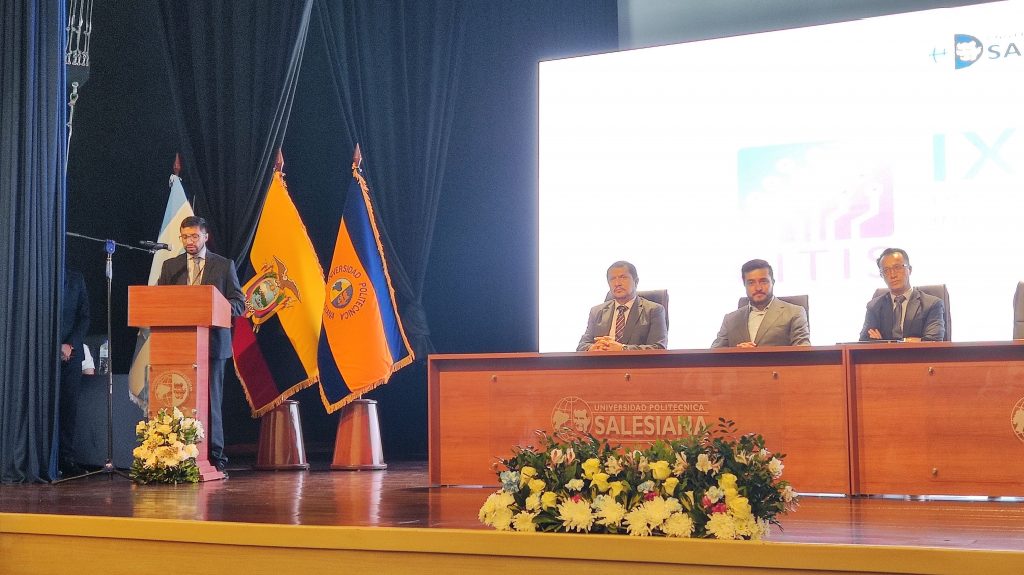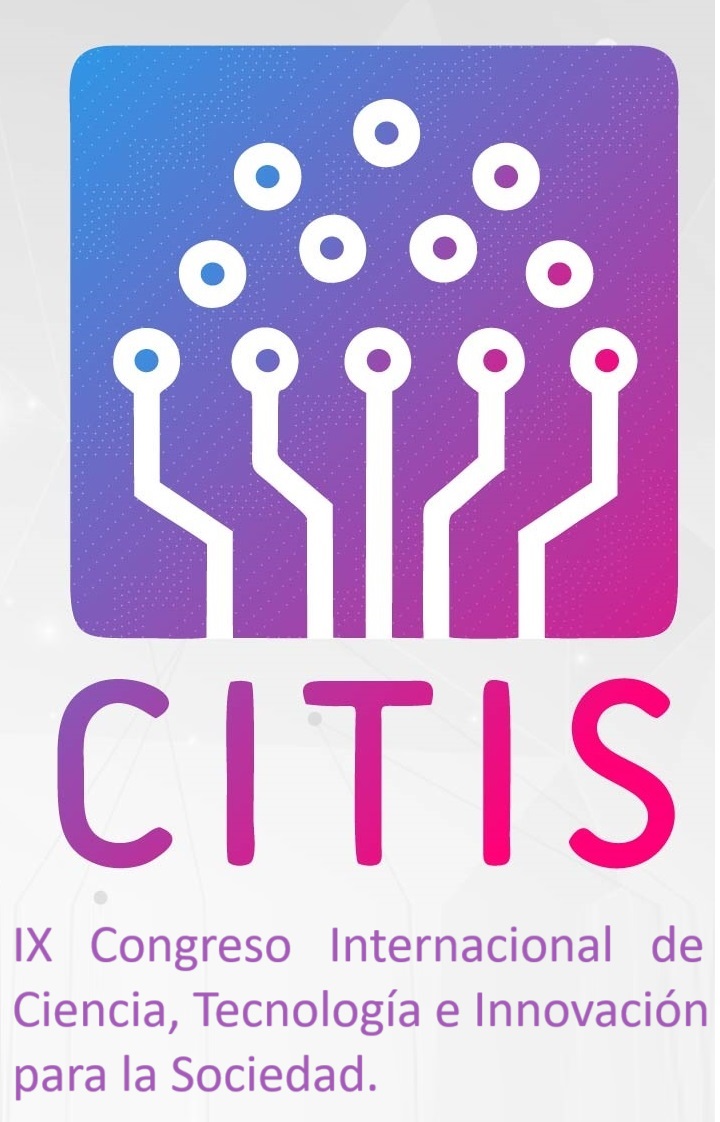
IX International Conference on Science, Technology and Innovation for Society (CITIS 2023)
The VIII International Conference on Science, Technology and Innovation for Society, CITIS 2023, held from july 26 to 28, 2023 presencial edition. organized by Universidad Politécnica Salesiana, offered the national and international academic community a unified communication platform, aimed at cover the theoretical and practical problems with the greatest impact on modern society through an engineering perspective.
In this ninth edition, dedicated to the 29 years of the life of La Salesiana, the thematic axes were related to the application of science, technological development and innovation in five fundamental pillars of our society: Industry, Mobility, Environmental Sustainability, Information and Telecommunications.
The scientific committee included 88 researchers from 18 countries (Spain, New Zeland, Belgium, Mexico, Australia, United States, Colombia, Brazil, United Kindom, Italy, India, Venezuela, Peru, Chile and Ecuador), who had the responsibility for evaluating, in a ‘double-blind review’ process, the 148 papers received in the conference.
The accepted contributions recreate recent research trends in the fields of software engineering, big data analysis, cloud computing, data engineering, data management and data mining, machine learning, deep learning, artificial intelligence, smart systems, robotics and automation, mechatronic design, and industrial processes design. CITIS 2023 also held six Workshops spaces, and several keynote speeches were given on cutting-edge topics related to the thematic axes of the conference. In addition, parallel working sessions were held to strengthen entrepreneurship and innovation skills for engineering students. The 60 papers accepted for presentation and discussion at the Conference were published by Springer Nature in the book series Lecture Notes in Networks and Systems. We acknowledge all of those that contributed to the staging of CITIS 2023 (authors, committees, workshop instructors, and our attendees). We deeply appreciate their involvement and support that was crucial for the success of the event.
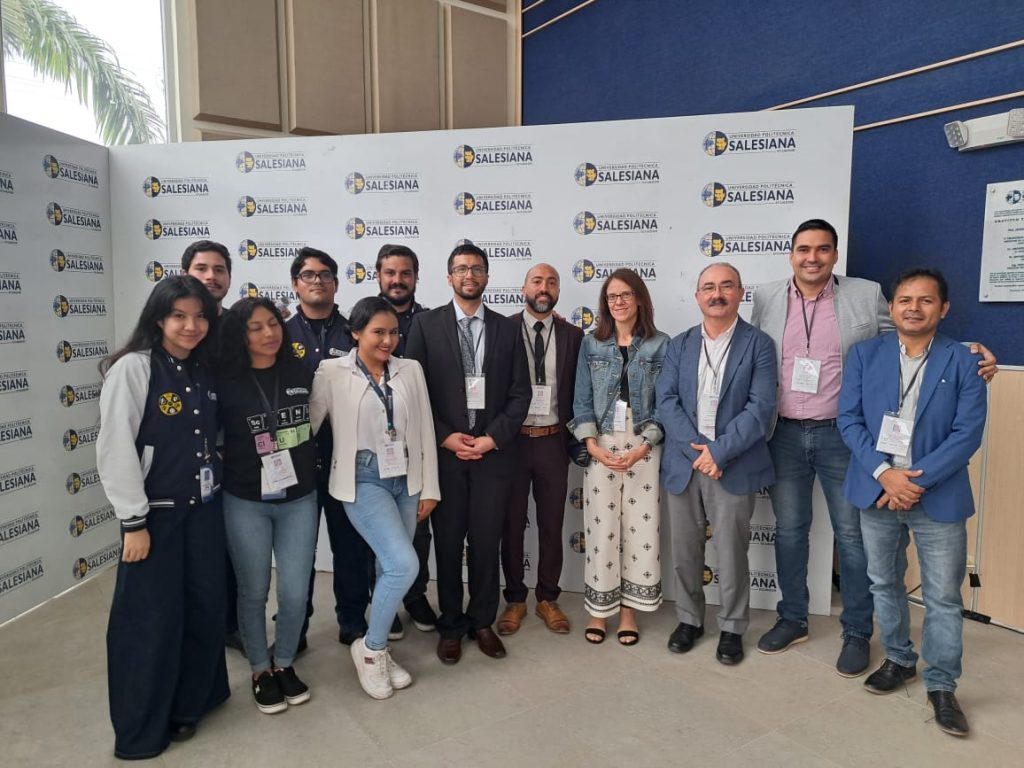
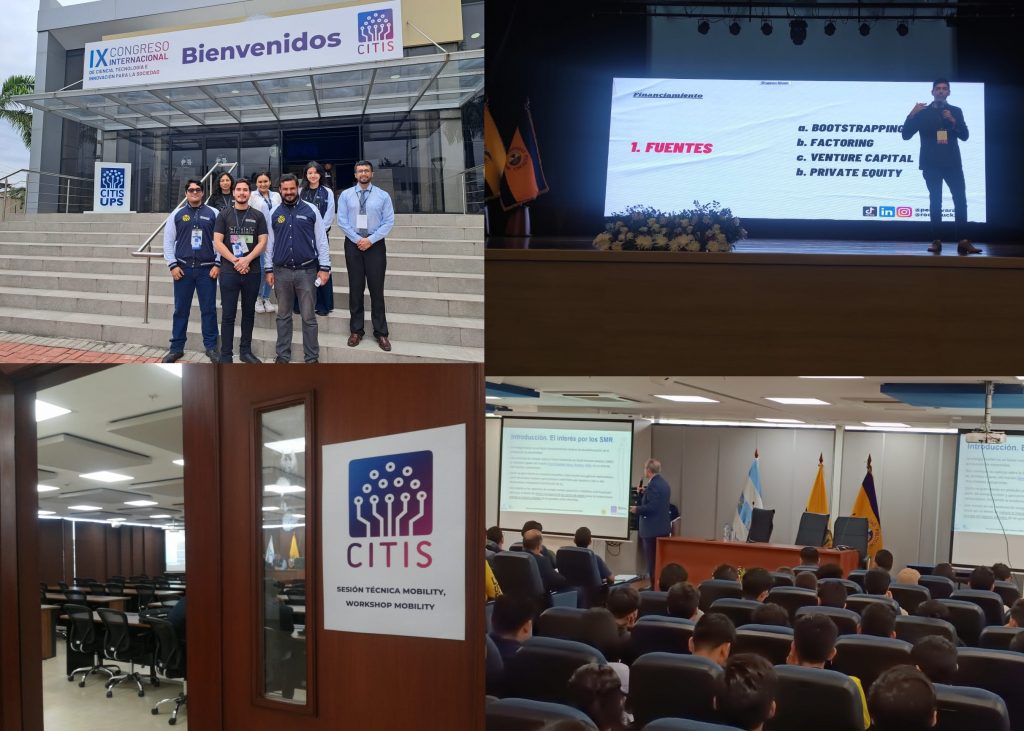
WORKSHOPS
5G/6G networks and the use of MATLAB in prompt prototyping
Content: This workshop will discuss the frequency bands used by 5G technology, a review of the NR interface and the possibilities of its implementation in software-defined radio devices, as well as a review of the coexistence mechanisms between different radiocommunications services and the functionalities currently offered by Matlab for rapid prototyping and coexistence analysis between frequency bands. The workshop includes a brief introduction to the evolution of the 3GPP systems architecture and the selections 3GPP 38.104, Release 17, which includes frequency bands, bandwidths, carrier shape. Finally, a quick review of the technologies that are being developed for 6G is made. The tutorial may have a practical component with Matlab, to illustrate the topics discussed.
Prof. Andrés Navarro – ICESI University, Colombia
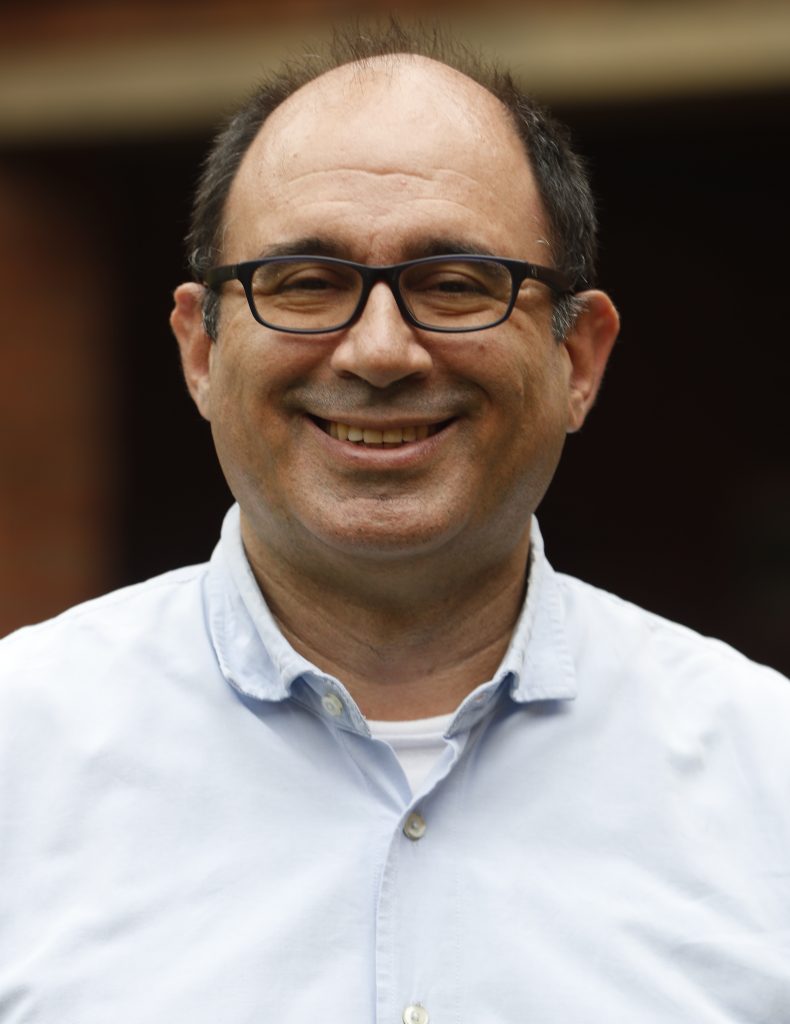
Prof. Andrés Navarro is an Electronic Engineer (1993), with a Master on Technology Managenment (1999), both from Pontifical Bolivarian University in Medellin. Obtained his PhD in Telecommunications from Universitat Politécnica de Valencia in 2003. He is IEEE member since 1995 and Senior Member since 2014. Advisor of the Spectrum Management Committee for Colombian Spectrum Agency and ITU expert. Currently is the IEEE Comsoc LATAM Regional Director, Comsoc Board of Governors member, Comsoc IT committee member. As ITU expert, advised different governments in Digital TV and Spectrum Management.
Is a participant on COST CA 20120INTERACT and former actions COST CA15104 IRACON, COST IC1004 and COST 2100. He is member of IEICE, EurAAP and ISOC. Currently is the coordinator of the PhD program on engineering and coordinator of the CENIT research center for technology in Health, a joint center involving Biomedical research group and Foundation Valle del Lili. His research interests are Spectrum Management, mobile radio planning (5G 6G), radio propagation and m-health.
Introduction to machine learning using Orange.
Information systems and intelligent data processing play an increasingly important role in business, science and technology. Recently, advanced information systems have evolved to facilitate the co-evolution of human and information networks within communities. These advanced information systems use various paradigms including artificial intelligence, knowledge management, and neural science, as well as conventional information processing paradigms. Regardless of its specific objective, any system, application or service that involves the use of data, requires among its steps to carry out an in-depth analysis of the information captured, with the aim of making the most of its particular characteristics and thus transforming the data.
knowledge relevant to decision making. This analysis begins with the extraction of the appropriate parameters from the different types of data that inform about the most significant features of the same, and if possible, detect unique representation signatures on said data. This process is generally known as feature extraction.
The objective of this training course is to present a user-friendly approach to a wide range of classic Machine Learning techniques and methods and data analysis. In this course, you will learn the basic concepts of machine learning and data mining, covering the necessary knowledge to start in this world. Within the general aspects to carry out an adequate data analysis, both the theoretical foundations and the implementation of the most used algorithms such as Linear Regression, Logistic Regression, SVM, KNN, Decision Trees and Neural Networks will be dictated. Ways of pre-processing the data will be shown, reaching a comprehensive understanding of how to clean, transform, handle categorical variables and unbalanced data. By the end of this course, you will know the ABC’s of Machine Learning and you will be able to implement what you have learned on your own. In order to make a first friendly approach, implementations will be made in high-level software called Orange.
Required skills/abilities:
-
- No necessary knowledge of programming and mathematics concepts.
Tools:
-
- Laptop
Prof. Jean Carlo Macancela – Salesian Polytechnic University, Ecuador
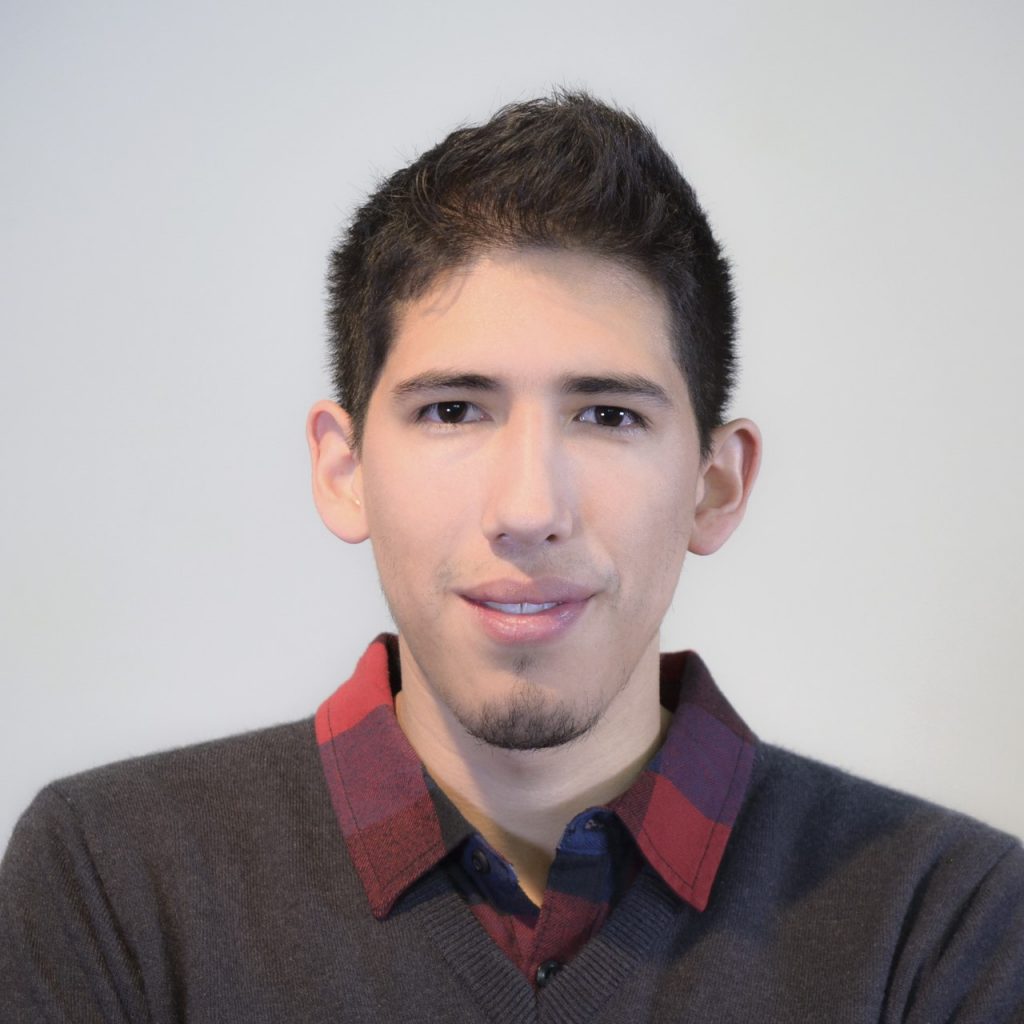
Prof. Jean Carlo Macancela is an Electronic Engineer from the Salesian Polytechnic University, Cuenca-Ecuador, in 2016. Master’s Degree in Logic, Computing and Artificial Intelligence from the University of Seville, in 2018. External collaborator of the Research and Development group in Industrial Technologies (GIDTEC) with which has achieved more than 10 publications in indexed journals and international conferences. Active collaborator of different events of an academic nature within the different universities of Cuenca.
Teacher of the Agrotech 4.0 online master’s degree at the Folgado Training Center, in Valencia-Spain Entrepreneur, co-founder of the data analysis company called AmautaTech.
WORKSHOP 2:
Precision agriculture with drones.
Precision agriculture presents new opportunities in the field of improving the productivity of the fields and caring for the environment through the use of technology, taking into account the importance of agriculture and the environment for the present and future of humanity. One of these technologies is the use of drones with multispectral sensors and geospatial data, where an approach to the state of a crop is efficiently achieved, facilitating data integration and decision making. The problem arises when it comes to understanding who can access this technology and how small farmers can be users and use this data to improve their results.
Prof. César Álvarez-Mendoza – Salesian Polytechnic University, Ecuador
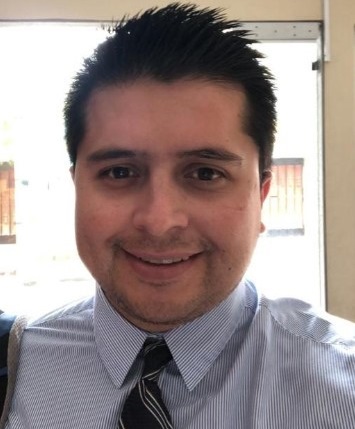
Prof. César Álvarez-Mendoza is an Assistant Professor at Salesians Polytechnic University, Quito, Ecuador. He obtained a PhD in Remote Sensing from the University of Porto, Portugal, an MA in Environmental Management from The Armed Forces University (ESPE) and a BEng in Geographical Engineering at the same ESPE in Ecuador.
His research focuses on using Remote Sensing, including drone data, in Geospatial Data science.
Bioethical guidelines for technological project development in Ecuador.
The current reality converges that in Ecuador sustainable development is essential from ethical and bioethical principles and criteria that allow the practicing of the care and protection of the natural environment. As well as that, the creation of Bioethics committees that promote the implementation of a Bioethics code that regulates the design, use, and importation of new environmentally friendly technologies. In addition to promoting technical projects in the construction and approval of the same. It means the urgent need for bioethical principles to assume them objectively and clearly in the research groups of the university and the scientific society, in favor of the environment.
In this way, the scientific-technological academy will seek a way to create a network of universities with the implementation of an ethics and bioethics committee, which manages to program, dialogue, and reach a consensus that manages to establish a schedule of training and training for citizens, and educational institutions and, thus, preventively promote the evaluation and review of the impact of Technology in the respective industries and the environment.
Prof. William Ítalo Jumbo-González – Salesian Polytechnic University, Ecuador
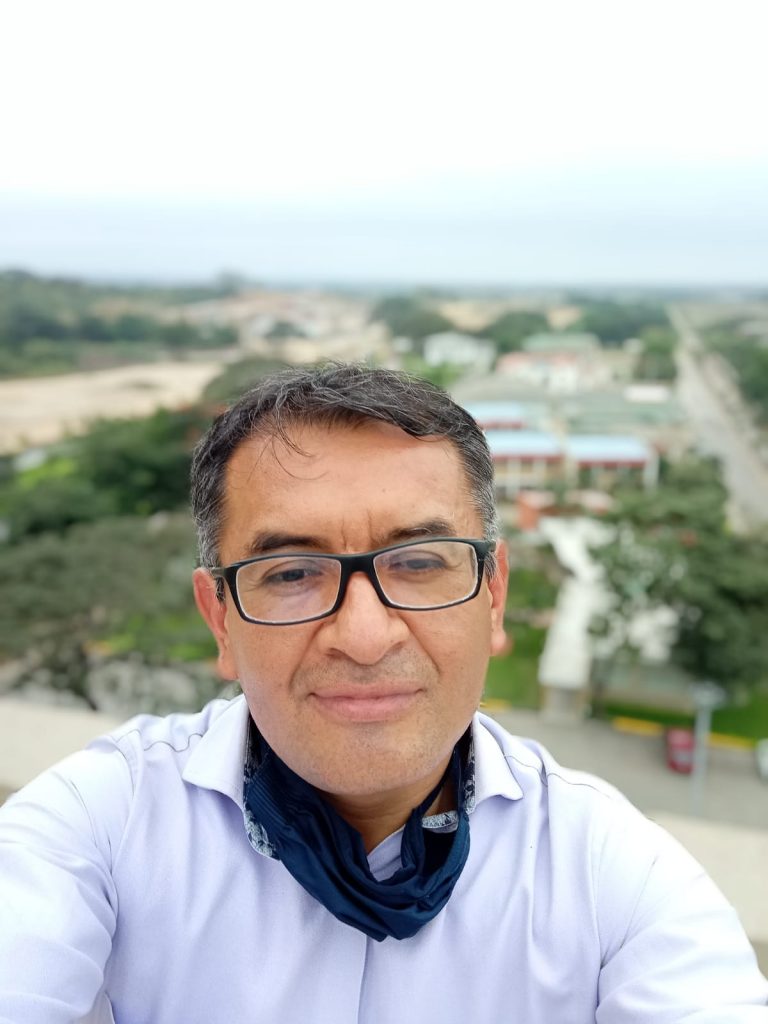
Prof. William Ítalo Jumbo González is Ph.D. in Philosophy, with an emphasis in Technoscience of Industry 4.0, investigates in the GI-BI Bioethics research group of the Salesian Polytechnic University, Quito, and searches in practice based on the contributions of the master’s degrees in Philosophy and Bioethics, on the impact of current technology on human beings, society, and the environment. However, as a teacher and researcher, he works on the implementation of ethical and Bioethical principles for the responsible use of the IA language model, as a functional tool and not a substitute for human relations or critical judgment, which will allow informed decision-making and better understanding of the world around us.
This is if the potential of AI is fully exploited and used to improve our lives and our environment.
Accelerating Renewable Energy by Artificial Intelligence.
Content: To-date, most of the energy sector’s transition efforts have focused on hardware: new low carbon infrastructure that will replace legacy carbon-intensive systems. Relatively little effort and investment has focused on another critical tool for the transition: next-generation digital technologies, in particular artificial intelligence (AI). These powerful technologies can be adopted more quickly at larger scales than new hardware solutions and can become an essential enabler for the energy transition.
AI is already proving its value to the energy transition in multiple domains, driving measurable improvements in renewable energy forecasting, grid operations and optimization, distributed energy assets and demand-side management coordination, and materials innovation and discovery. AI holds far greater potential to accelerate the global energy transition, but it will only be realized if there is greater AI innovation, adoption and collaboration across the industry.
Prof. Renato Sánchez – Salesian Polytechnic University, Ecuador
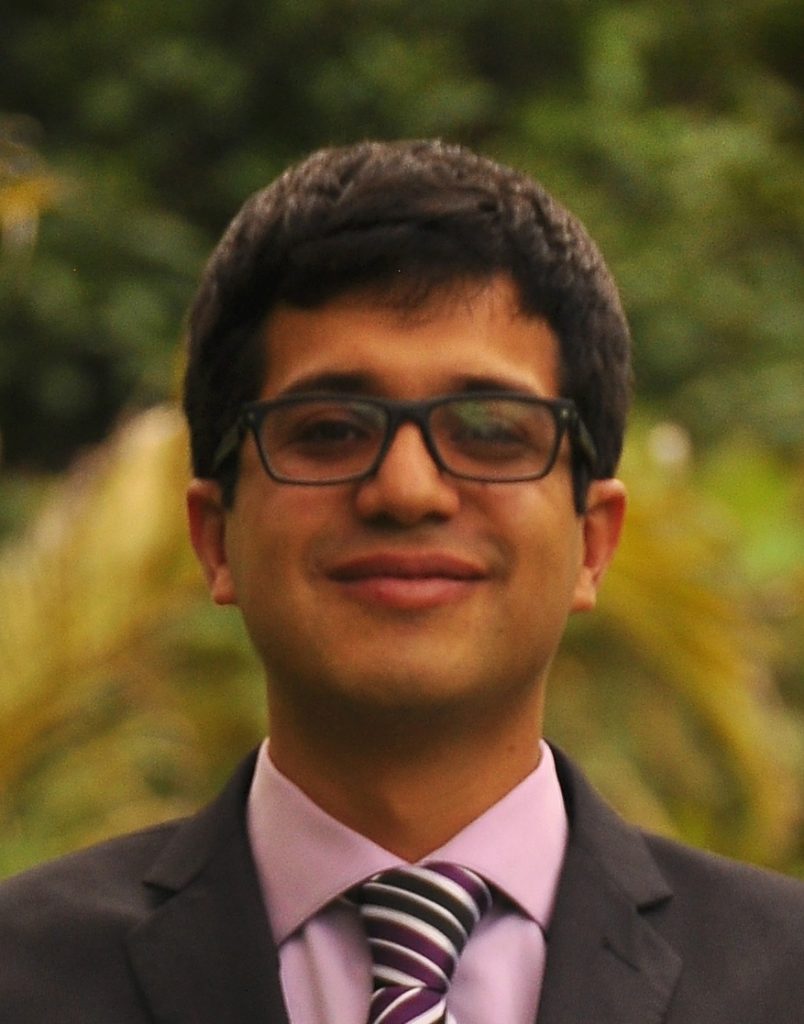
Prof. Renato Sánchez is an environmental engineer from the National Polytechnic School of Ecuador, a master’s degree in ecological economics from FLACSO and a PhD in collective health, environment and society from the Simón Bolívar Andean University.
He is currently director of the Environmental Engineering course, coordinator of the master’s degree in renewable natural resources and professor of wastewater treatment at the Salesian Polytechnic University. He works as an advisor on issues of wastewater and leachate treatment, solid waste management; and on issues of scientific dissemination.
WORKSHOP 3:
Development of autonomous driving maps.
During the workshop on autonomous driving maps, the importance of HD (high definition) maps for the navigation of autonomous vehicles will be deepened. These maps provide accurate and detailed information about the road and its surroundings, enabling autonomous vehicles to make safer driving decisions. In addition, the importance of constant updating of HD maps will be discussed, since road information can change frequently. Another important issue that will be addressed in the workshop is the need to start collecting data in the countries to draw the HD maps of their main access roads to guarantee the transitability of autonomous vehicles with a view to developing the integration of these types of technologies to cover latent mobility and security needs. At the end, there will be an HD map made from scratch so that an autonomous vehicle can reach its destination.
Prof. Juan D. Valladolid – Salesian Polytechnic University, Ecuador
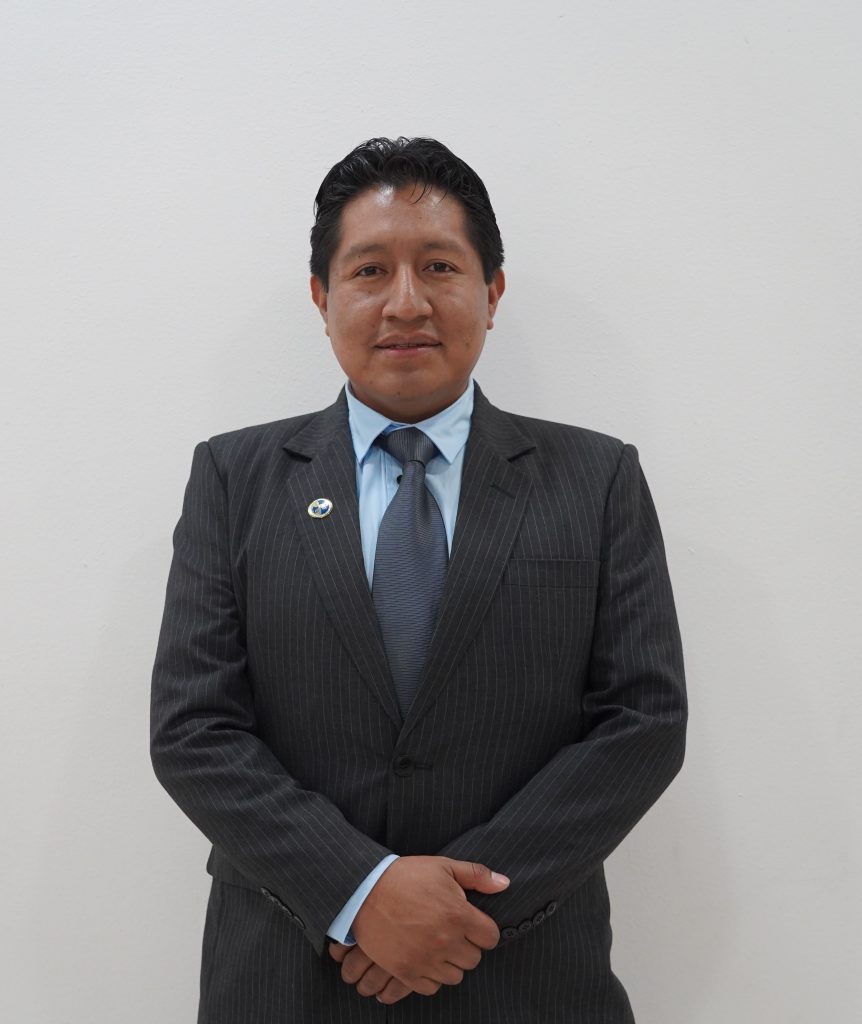
Prof. Juan D. Valladolid obtained his B.Sc. in Electronic Engineering and his M.Sc. in Industrial Automation and Control from Salesian Polytechnic University, in 2010 and 2014 respectively. He is professor of Mechatronic Engineering at the Salesian Polytechnic University.
He is a member of the Grupo de Investigacion en Ingenieria del Transporte (GIIT).
His research interests are nonlinear control theory, intelligent vehicles, electric vehicles and artificial intelligence.
Prof. Milton García-Tobar – Salesian Polytechnic University, Ecuador
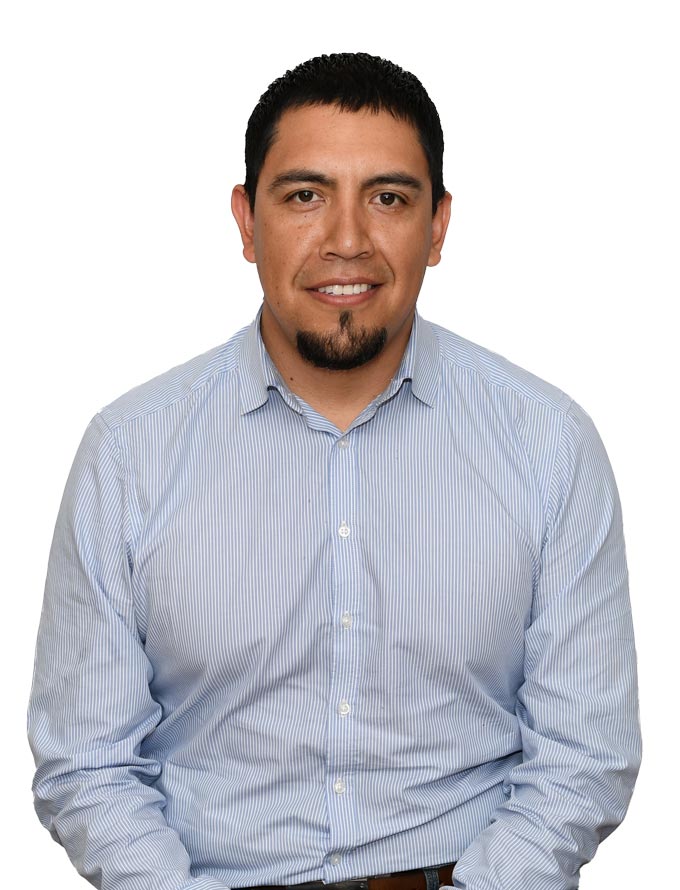
Prof. Milton García-Tobar is Automotive Mechanical Engineer (2011) from at Salesian Polytechnic University, has a Master’s Degree in Maintenance Engineering (2014) from the Polytechnic University of Valencia and a Master’s Degree in Mathematics and Computer Engineering (2021) from the International University of La Rioja He currently is Associate Professor in the Automotive Mechanical Engineering Career of the Salesian Polytechnic University, in Cuenca, Ecuador. He is a member of the Transportation Engineering Research Group (GIIT). He has been linked to Maintenance Engineering projects, alternative energies and linked to the study of Electric Vehicles in Ecuador.
Prof. Juan P. Ortiz – Salesian Polytechnic University, Ecuador
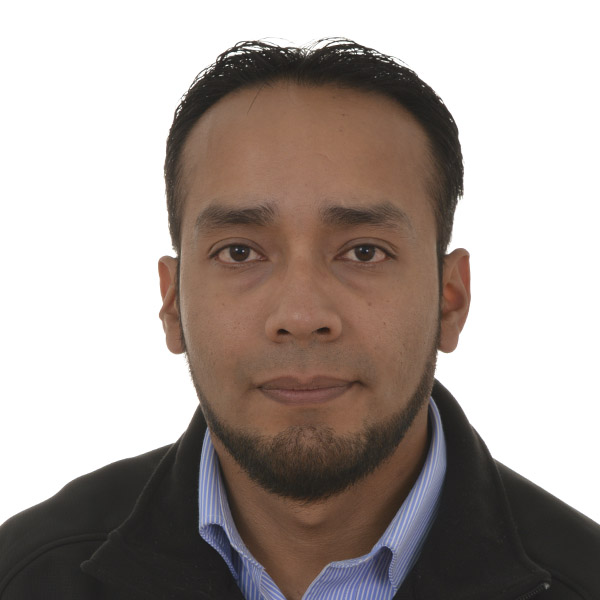
Prof. Juan P. Ortiz obtained his B.Sc. in Electronic Engineering and his M.Sc. in Industrial Automation and Control at Salesian Polytechnic University, in 2010 and
2014 respectively. He is professor of Mechatronic Engineering at Salesian Polytechnic University. He is a member of the Grupo de Investigacion en Ingenieria del Transporte (GIIT). His research interests are nonlinear control theory, intelligent vehicles, electric vehicles and artificial intelligence.
WORKSHOP 4:
Industry-Academy: Finding Solutions
MSc. Manuel Laredo Garnica – CEO MAMUT, Bolivia
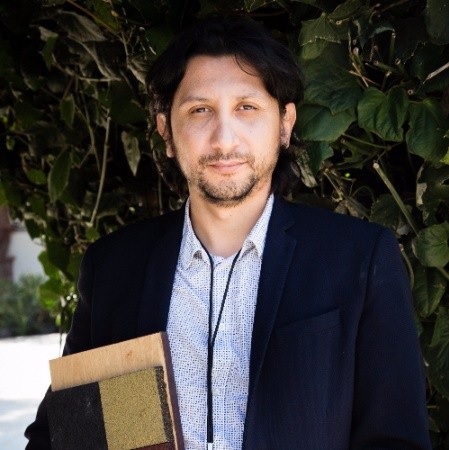
MSc. Manuel Laredo Garnica is a social entrepreneur and founder of the circular Bolivian-Paraguayan company Mammut. Awarded as one of the 100 most important global leaders with conscience by the British Digital Magazine HOTTOPICS.COM, one of the 25 creators of a new economy in Bolivia by the “Nueva Economía Magazine” in 2018 and among the 100 most reputable Bolivian leaders by the MERCO corporate business monitor in 2022. Industrial Engineer from the Universidad Mayor de San Simón. Master in Polymers and Biopolymers from the Polytechnic University of Cayalunya in Spain. Diplomas in Competitiveness at Georgetown University and Michigan State University in the United States. Winner of 6 international social entrepreneurship awards. In 2019, he was a Humphrey Fellow at Michigan State University in the United States.
KEYNOTE SPEECHES
Prof. Nuria García-Herranz – Polytechnic University of Madrid (UPM), Spain.
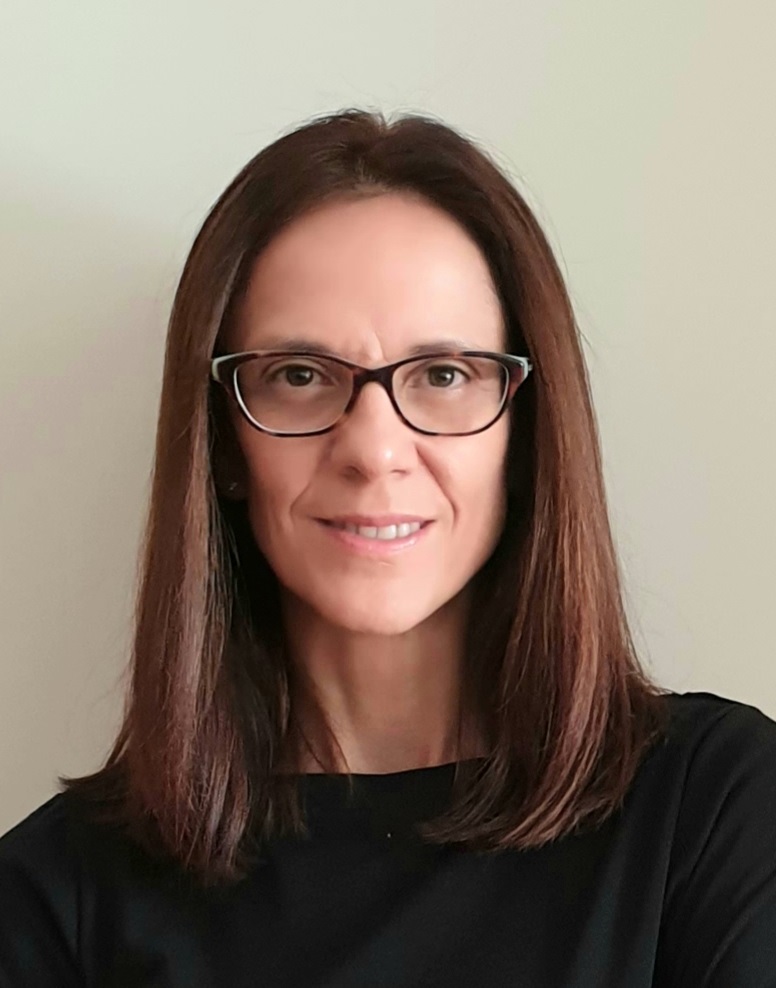
Prof. Nuria García-Herranz Is an Associate Professor of Nuclear Engineering at UPM, Department of Energy Engineering, where she has taught in the areas of Nuclear Technology and Nuclear Fission Reactors since 2005. She is an Energy Engineer (1995) and PhD in Nuclear Engineering (2000) from UPM. She has been advisor of 6 PhD theses, four of them awarded or finalists with the European Nuclear Education Network PhD prize. She has graduated about 45 BSc and MSc students. Her main research areas include Reactor Physics (neutronics and multi-physics for both current reactors and Generation-IV fast reactors), Inventory and Criticality Safety, together with Sensitivity and Uncertainty analysis due to Nuclear Data. Innovation in education in Reactor Physics is also one of her active areas of work.
Her scientific contributions have been published in 37 papers in indexed journals, 67 peer-reviewed international conference proceedings and around 75 presentations in workshops and national conferences. She has participated in 12 European projects (principal investigator in 3 of them), and in 17 national research projects.
She has internationally recognized expertise in Reactor Physics, being Spanish Delegate of the Working Party on Scientific Issues of Reactor Systems (WPRS) of the OECD/NEA Nuclear Science Committee since 2021, and Spanish Delegate of the Expert Group on Physics of Reactor Systems (EGPRS) since 2020. She is member of the Editorial Board of Annals of Nuclear Energy since 2021.
Prof. Eduardo Gallego – Polytechnic University of Madrid (UPM), Spain.
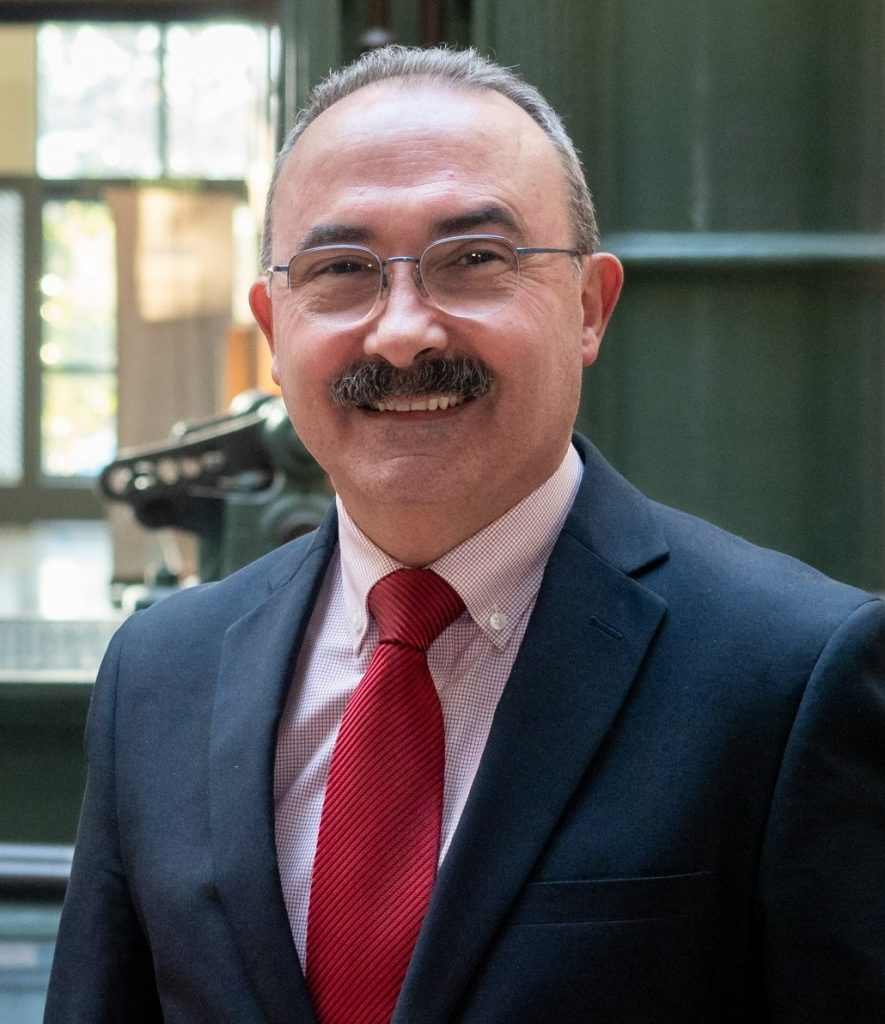
Prof. Eduardo Gallego Is full Professor of Nuclear Engineering at UPM in the Department of Energy Engineering of the Technical School of Industrial Engineers, where he has taught in the areas of Radiological Protection and Nuclear Safety since 1985. He is Industrial Engineer specializing in Energy Techniques (1982) and PhD in Industrial Engineering (1990) from the UPM. He has been advisor of 10 PhD Theses and over a hundred Final Degree or Master Theses. He is Director of the University Master’s Degree in Nuclear Science and Technology at the UPM since 2011.
Currently, his main lines of research are neutron detection, dosimetry and spectrometry, being responsible for the Neutron Measurement Laboratory of the UPM, and support for analysis and decision-making in nuclear emergencies to evaluate protection measures for the population having been co-founder and member of the Management Board of the European Platform NERIS on Nuclear and Radiological Emergencies since its creation in 2012 until 2022.
He is a member of the Board of Directors of the Spanish Nuclear Society (2020-2024). He has been President of the Spanish Society for Radiological Protection (2013-2015) and previously Vice President (2010-2012) and Treasurer (2000-2004). At the International Radiation Protection Association (IRPA) he has been member of the Executive Council (2008-2016) and Vice President (2016-2020). He belongs to the International Commission on Radiological Protection (ICRP) since 2013, as a member of Committee 4.
Prof. Natalia M. López – IEEE Section Argentina Chair, Argentina

Prof. Natalia M. López received the Biomedical Engineering., M.Sc. and Ph.D. degrees in Control Engineering from Universidad Nacional Juan (UNSJ) in 2001, 2007 and 2010, respectively. In 2003 she joined the Institute of Bioengineering INBIO, where she is currently Professor and Researcher from the CONICET (National Council of Scientific Technical Research). Her research is focused on electromyographic and microelectrode recordings brain signal processing, assistive devices, and the application of robotics in neurorehabilitation. She leads an interdisciplinary group in the public local Hospital for neurological procedures and rehabilitation, joining the research results in academia with the daily clinical transference. Prof. Natalia Lopez, has an academic background in Engineering and Control Systems, and neurosurgical experience in stereotaxic programming and Deep Brain Simulators implants for Parkinson patients. Currently, she is IEEE Section Argentina Chair, IEEE Senior and HKN member.
Prof. Fausto Pedro García Márquez – Castilla-La Mancha University (UCLM), Spain
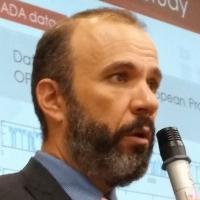
Prof. Fausto Pedro García Márquez has been a full professor at the University of Castilla–La Mancha (UCLM), Spain, since 2013. He is an honorary senior research fellow at Birmingham University, UK, and a lecturer at the Postgraduate European Institute. From 2013 to 2014, Dr. Márquez was a senior manager at Accenture. He obtained his European Ph.D. with a maximum distinction. He has been awarded several prizes, including the Runner (2020) and Advancement Prizes (2018) for Management Science and Engineering Management;
First International Business Ideas Competition Award (2017); Runner (2015), Advancement (2013), and Silver (2012) Prizes from the International Society of Management Science and Engineering Management (ICMSEM); and Best Paper Award, Renewable Energy (2015). He has published more than 150 papers in reputable journals. He is the author and editor of thirty-one books and five patents. He is an editor for five international journals and a committee member of more than forty international conferences. He has been the principal investigator for four European projects, six national projects, and more than 150 projects for universities and companies. His main interests are artificial intelligence, maintenance, management, renewable energy, transport, advanced analytics, and data science. He is an expert in the European Union in AI4People (EISMD), and ESF. He is also the director of the Ingenium Research Group.
Prof. Emilio Minguez Torres – University of the Caribbean (UNICARIBE), Dominican Republic
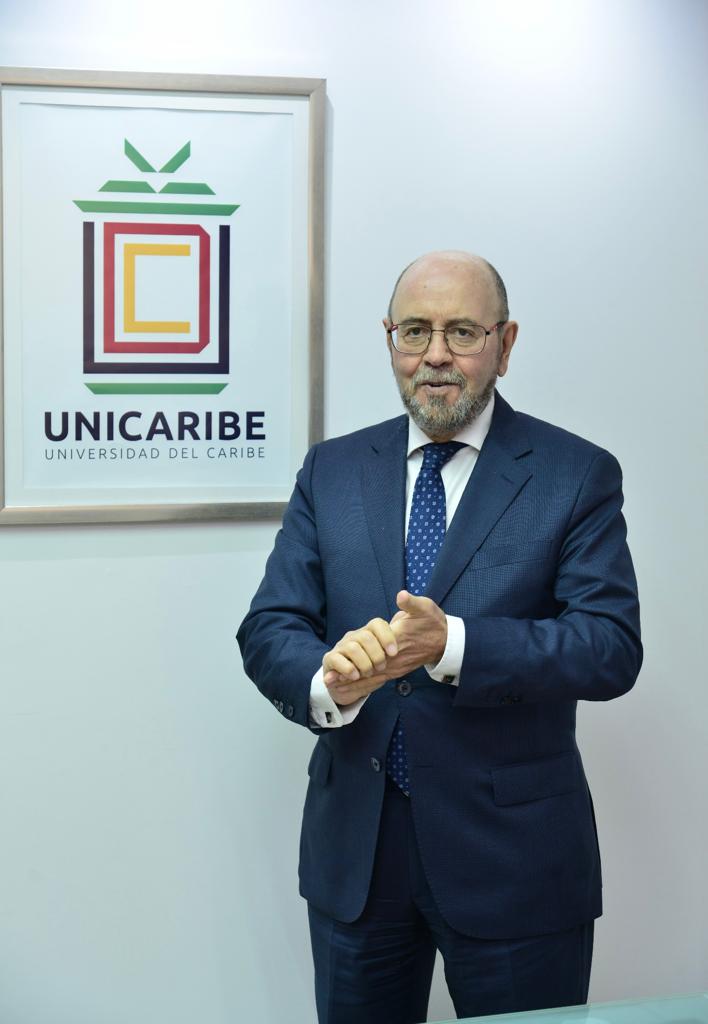
Prof. Emilio Minguez-TorresIs Rector at University of the Caribbean (UNICARIBE) since february 2023, Emeritus Professor in Nuclear Engineering at Polytechnic University of Madrid (UPM), President of the European Nuclear Society (ENS – January 2020 to December 2021), President of the Spanish Nuclear Society (SNE) since march 2023, and member of the expert Committee of the Spanish Nuclear Regulatory Commission (2020 – 2024). He is Industrial Engineer (1973) and PhD in Industrial Engineering (1981) from the UPM. He has been invited professor in more than 20 Universities and Research Centers as University of Florida (USA – June – August 1992), University of Nevada, Reno (USA – September 2000), Northwersten Polytechnic Univdrsity (NPU), Xián (China – July 2018), Korean Advanced Institute of Science and Technology (KAIST – January to March 2020), Xi’an Jiaotong (China – October 2018 to April 2019), Harbin Engineering University (April 2019), Balseiro Institute (Argentina – September to November 2019), Metropolitan Technological University (Chile – December 2019), Beihang University (China – December 2017 to October 2018), Polytechnical University of Saint Petersburg (Russia – July 2018 – July 2019), National Polytechnic Institute (Mexico – March 2017), Tongi University (China – December 2017), Purdue University (USA – December 2016), Technological of Monterrey (Mexico – October 2015). He has published more than 150 papers in journals and about 200 papers at International Conference. He has expertise in inertial fusion, reactor physics, advanced reactors generation IV, Nuclear Fuel Cycle, Nuclear Transmutation, Modular and microreactors, hybrid reactors and academic knowledge management.
Prof. José Vuelvas – Pontifical Javeriana University (PUJ), Colombia

Prof. José Vuelvas Is Electronical Engineer, Master on Electronical Engineer and Philosophy Doctor on Engineer from the Pontificia Universidad Javeriana (major in Electronics Circuits design, control systems, optimization, game theory and e-market. He has 10 years of experience as University Professor. He was co-founder of Hakken Company developed customized technological solutions in the areas of renewable energy, lighting and building automation.
He has published more than 30 papers in reputable journals as Applied Energy, and Electric Power System Research, and international conferences. He obtained his master with a maximum distinction and doctorate with Summa cum laude. He is currently professor in the Electronical Department of the Faculty Engineering and director of the master in Energy and Sustainability at the Pontificia Universidad Javeriana.
Prof. Diego Patiño Guevara – Pontifical Javeriana University (PUJ), Colombia

Prof. Diego Patiño-Guevara is a full time professor at La Pontificia Universidad Javeriana, Bogotá. He is outstanding researcher in Colombia. He has maintained a high level of publications in the areas of systems control, energy, and health. He is electronic engineer (2002) and M.Sc. in electronics and computers (2004). He has a Ph.D. in automatic control and digital signal processing from Université de Lorraine in France.
He is currently the chair of the electronics department at the Pontificia Universidad Javeriana. He is the editor in chief of the journal Ingeniería y Universidad.
Prof. Ezequiel Zamora Ledezma – Technical University of Manabi (UTM), Ecuador
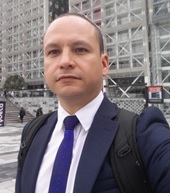
Prof. Ezequiel Zamora-Ledezma is a Biologist (Universidad de Los Andes-Venezuela, 2002), Master in Biological Sciences (Universidad Simón Bolívar-Venezuela, 2008) and PhD in Ecosystems and Agronomic Sciences (Centre National de la Recherche Scientifique and Université de Montpellier-France, 2013). He has more than 15 years of experience as a researcher at the Technological Institute of Petroleum – Intevep S.A. (Venezuela), working on many projects: environmental assessment, restoration of terrestrial ecosystems and waste management and environmental policies.
In Intevep he held different responsibilities: Project Manager, Team Leader, Senior Member of the Editorial Committee, Head of Environment Department, Environmental Advisor for both Ministries of Environment and Foreign Affairs.
He has been a lecturer at the Universidad Nacional Experimental Politécnica (Venezuela). He also worked at the Universidad Venezolana de los Hidrocarburos (from 2014 to 2018), as postgraduate professor (Environmental Quality, Ecology and Research Methodology); Coordinator of the Master’s Degree in Ecology and Petroleum; and Director of the Institute of Health and Environment (2015-2018).
In October 2018 he joined the Faculty of Agricultural Engineering at the Universidad Técnica de Manabí (UTM), Ecuador, as a full professor-researcher. At the UTM he is responsible of undergraduate courses (Soil Conservation, Soil Sciences, Saline-Sodic Soil Restoration, Rural Planning and Research methodology). Since 2019 he is also coordinator of the research group “Agroecosystems Functioning and Climate Change – FAGROCLIM”. Since 2020 he is also professor and coordinator of the Research Master in Agroecology and Climate Change. In 2021 he was representative for the Research Institute to the UTM’s Office of Technology Transfer (OTT). Currently he is the Vice-Dean of Research & Postgraduate of the Faculty of Agricultural Engineering.
He has extensive experience in functional ecology, agroecosystems, carbon dynamics in natural systems, agroecology, climate change, bioeconomy, among others. Currently, he directs several national and international research programs and projects, in collaboration with colleagues from renowned universities and research centers in Latin America, Europe and Africa. He has been director and co-director of several undergraduate, master and doctoral theses. He has participated as a speaker and lecturer in high-level national and international academic events. He has more than 30 recognized and indexed scientific publications and several book chapters.
Prof. Ian F. Akyildiz – United Nations, International Telecommunication Union, Geneva, Switzerland

Prof. Ian F. Akyildiz (Life Fellow, IEEE) received the B.S., M.S., and Ph.D. degrees in Electrical and Computer Engineering from the University of Erlangen–Nürnberg, Germany, in 1978, 1981, and 1984, respectively. He is the Founder and President of the Truva Inc, a consulting company) since 1989. He is also an Advisory Board member at the Technology Innovation Institute (TII) Abu Dhabi, United Arab Emirates, since June 2020. He is also Founder and President of the Truva Inc., a consulting company based in Georgia, USA, since 1989. He is the Founder and the Editor-in-Chief of the newly established of International Telecommunication Union Journal on Future and Evolving Technologies (ITU J-FET) since August 2020. He served as the Ken Byers Chair Professor in Telecommunications, the Past Chair of the Telecom Group at the ECE, and the Director of the Broadband Wireless Networking Laboratory, Georgia Institute of Technology, from 1985 to 2020.
He had many international affiliations during his career and established research centers in Iceland, Spain, South Africa, Finland, Saudi Arabia, Germany, Russia, India and Cyprus. Dr. Akyildiz is an IEEE Fellow since 1996, and ACM Fellow since 1997. He received numerous awards from IEEE, ACM, and other professional organizations, including Humboldt Award from Germany and Tubitak Award from Turkey. In April 2023, according to Google Scholar his h-index is 135 and the total number of citations to his articles is more than 136+K. His current research interests include Networking 2030, Metaverse, Hologram and Extended Reality Communication, 6G/7G wireless systems, Terahertz Communication, Underwater Communication.
Prof. Víctor Hugo Gómez Yepes – Claretiana University of Colombia (UNICLARETIANA), Colombia

Prof. Víctor Hugo Gómez-Yepes is a researcher at the Clateriana University of Colombia, professor at ITM, Medellin, with a Ph.D. and master degree from Pontificia Bolivariana University (UPB) and some others Universities in Colombia. Research areas: Philosophy of technology, bioethics, philosophy of Science. Ph.D. in Philosophy, 2018 (UPB), master in development, 1998 (UPB), professional in Philosophy 1991 (UPB).
Researcher recognized by ministry of Science, technology and Innovation. Author of several books, book chapters, magazine articles, published in Spain, Argentina, Mexico and Colombia. Member of acadamic and scientific committees of international journals. Professor and lecturer in the United States, Spain, Mexico, Peru, Paraguay, Ecuador, Brazil, Venezuela and Colombia. Peer evaluator of international journals, member of international academic networks, member of master´s and courts, jury of research papers and books of research results.
Pedro Varas Bruzzone – CEO GRET, Chile
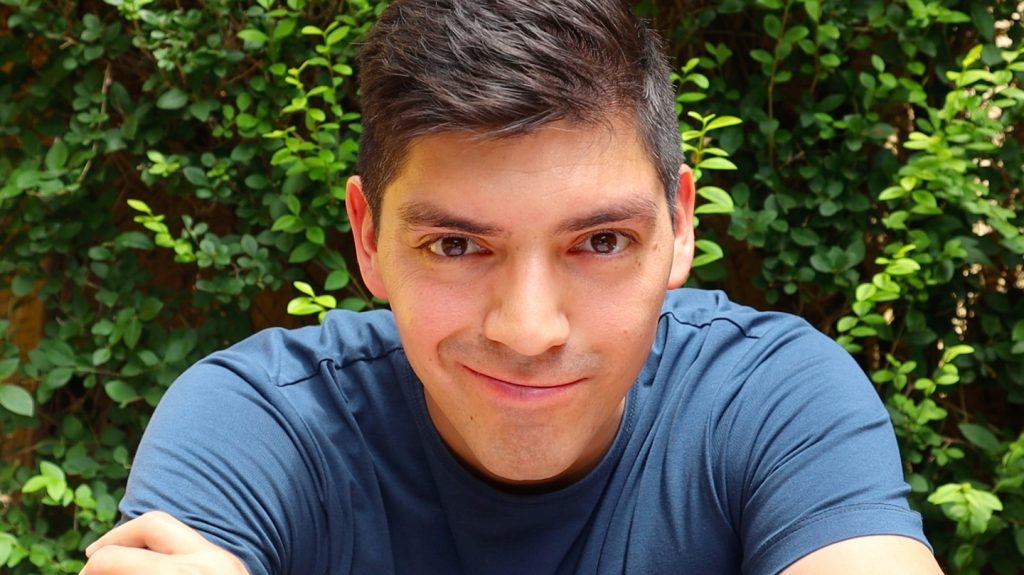
Pedro Varas He is one of the most prominent entrepreneurs in Latin America who has sold 2 companies. One of them was Founderlist, an Equity Crowdfunding platform that invested in 18 companies and today one of them is a unicorn that exceeds one trillion dollars. He sold it in 2020 to a major venture capital fund. He also founded Trapi, a 100% B2B fruit and vegetable supply platform, which just one year after his birth was acquired by Lomi for US$1M. In addition, he also founded Gret, a Google Drive-like platform for businesses that monetize files. Pedro is also a partner and CMO of Rocktruck, recognized since this year as one of the most important logistics companies in Latin America, which in less than 4 years, has a fleet of 600 trucks, 61 of its own trucks, +100 collaborators and a monthly billing. of US$1.46M. He has been the Chief Digital Officer of a Multifamily Office and Product Manager in other companies. He is a judge of government instances in Chile, to decide which companies will be granted state financing, in addition to being an Advisor and Director of 3 companies.
